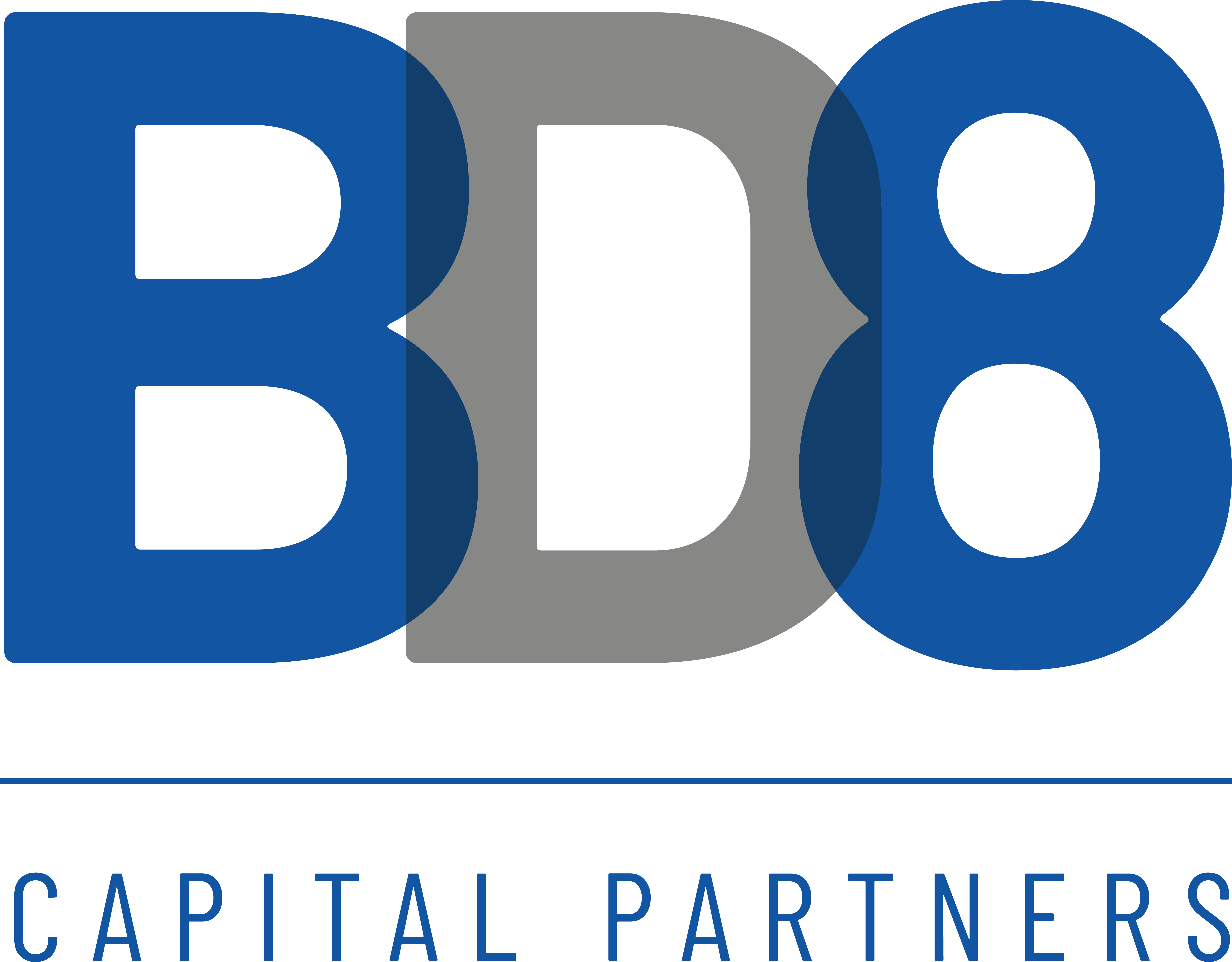After a stellar end to 2024 with the S&P 500 up +24%, Nasdaq up +30.8%, and valuations full at 22x forward earnings, a pullback in the stock market was not to be unexpected: with the S&P 500 -4.6% for the first quarter and Nasdaq off -10.4%, strong economic fundamentals regarding jobs, inflation and forecasted earnings for 2025 augured well for a continued climb higher. Stocks peaked at record highs in February.
However, what spook However, what spooked investors – and continues to weigh heavily on the markets as of this writing – was the start of a series of on-again-off-again tariffs with ever-shifting rationale and questionable
methodology: was it to stop Fentanyl, raise revenue to offset hoped-for tax cuts, bring manufacturing back to the US, or simply a negotiation tactic to lower tariffs? Depending on the answer, tariffs could be permanent or just a
temporary threat to extract lower tariffs from trading partners.
The April 2 announcement of the much-ballyhooed reciprocal tariffs turned out to be worse than the worst-case expectations of investors, who were already adjusting to the surprise 25% tariffs levied on our trusted neighbors and allies of Canada and Mexico (that were then paused just two days later ).
Consensus from economists, strategists and Federal Reserve officials is that tariffs will slow economic growth given that tariffs act as a regressive tax (hitting lower income consumers the hardest) and raise inflation. To what degree is unknown given the state of flux in tariffs and therein lies the problem. Without knowing what
earnings might be, stocks can’t be properly valued, hence investors sell stocks, usually leading to an oversold condition that can be bought.
In addition to the uncertainty regarding the ultimate magnitude and duration of tariffs, much remains unknown of the ancillary impacts, including the extent of retaliatory tariffs and other actions, e.g. the rise of anti-American consumerism in affected countries. The damage to our credibility as a reliable economic and financial partner may be the reason for current dollar weakness, usually strong in times of financial instability. Reports of countries already pursuing alliances with other countries to our exclusion are rife.
The good news is none of the tariffs already in place have shown up yet in jobs, jobless claims, or consumer spending; indeed, inflation last week was lower than expected: we have a strong starting point to absorb some of the coming stresses.
With the swift decline in the stock market, many of the earnings cuts likely to come may be largely discounted, and many good stocks have come down a lot from their highs, e.g. Meta is down nearly 30% from its February high, yet fundamentals remain strong with valuation below its historical range.
Given the high-quality stocks in our portfolios, we at BD8 Capital Partners are not selling companies with
solid long-term growth prospects simply because they are down with the market; but we are re- evaluating individual stocks as facts change (and change again) and are actively looking for new additions or swaps into the portfolios. But like the Fed, we are hampered in our analysis as we don’t know where tariffs will eventually settle and so find it challenging to gauge the likely impact.
For now, we are staying the course as our long-term investment goals for you have not changed. Many company CEO’s, world leaders and the various constituencies of Congress are making sure our political leadership knows the damage that is and could be done if tariffs are too high and expect to see lower final tariffs as a result.
As always, please don’t hesitate to reach out to discuss your portfolios. Many clients have already, as it has been unsettling to see the direct impact on one’s portfolios from this ill-considered approach to raising tariffs.
If you have friends or family who would like a second opinion on their investments and/or financial plans, please also feel free to recommend us. We love helping your friends and family.
The content of this article is for informational purposes only and should not be considered a recommendation of any particular se- curity, strategy, investment product or investing advice of any kind. There are risks associated with investing, including the entire loss of principal invested. Past performance does not guarantee future results. The views and opinions expressed in this article are thoseof the authors and do not necessarily reflect the opinions of Spire Wealth Management, LLC, Spire Securities, LLC or its affiliates. Spire Wealth Management, LLC is a Federally Registered In- vestment Advisory Firm. Securities offered through an affiliated company, Spire Securities, LLC a Registered Broker/Dealer and member FINRA/SIPC.
PLEASE READ THIS WARNING: All e-mail sent to or from this address will be received or otherwise recorded by Spire’s corporate e-mail system and is subject to archival, monitoring and/or review, by and/or disclosure to, someone other than the recipient. This message is intended only for the use of the person(s) (“intended recipient”) to whom it is addressed. It may contain information that is privileged and confidential. If you are not the intended recipient, please contact the sender as soon as possible and delete the message without reading it or making a copy. Any dissemination, distribution, copying, or other use of this message or any of its content by any person other than the intended recipient is strictly prohibited. Spire has taken precautions to screen this message for
viruses, but we cannot guarantee that it is virus free nor are we responsible for any damage that may be caused by this message.
—————————————————————-
Endnotes
i. https://www.ft.com/content/52a198c0-235b-4662-87cc-527c7cd79b4a
ii. https://www.cnn.com/2024/02/29/investing/nasdaq-record-high/index.html
iii. https://www.cbc.ca/news/politics/trump-trade-tariffs-timeline-1.7481280
iv. https://www.worlddata.info/largest-economies.php
v. https://www.worldstopexports.com/americas-top-import-partners/
vi. https://www.msn.com/en-us/money/markets/feds-powell-says-tariffs-could-lead-to-inflation-economic-slowdown/ar-AA1D3u2A?ocid=BingNewsSerp

